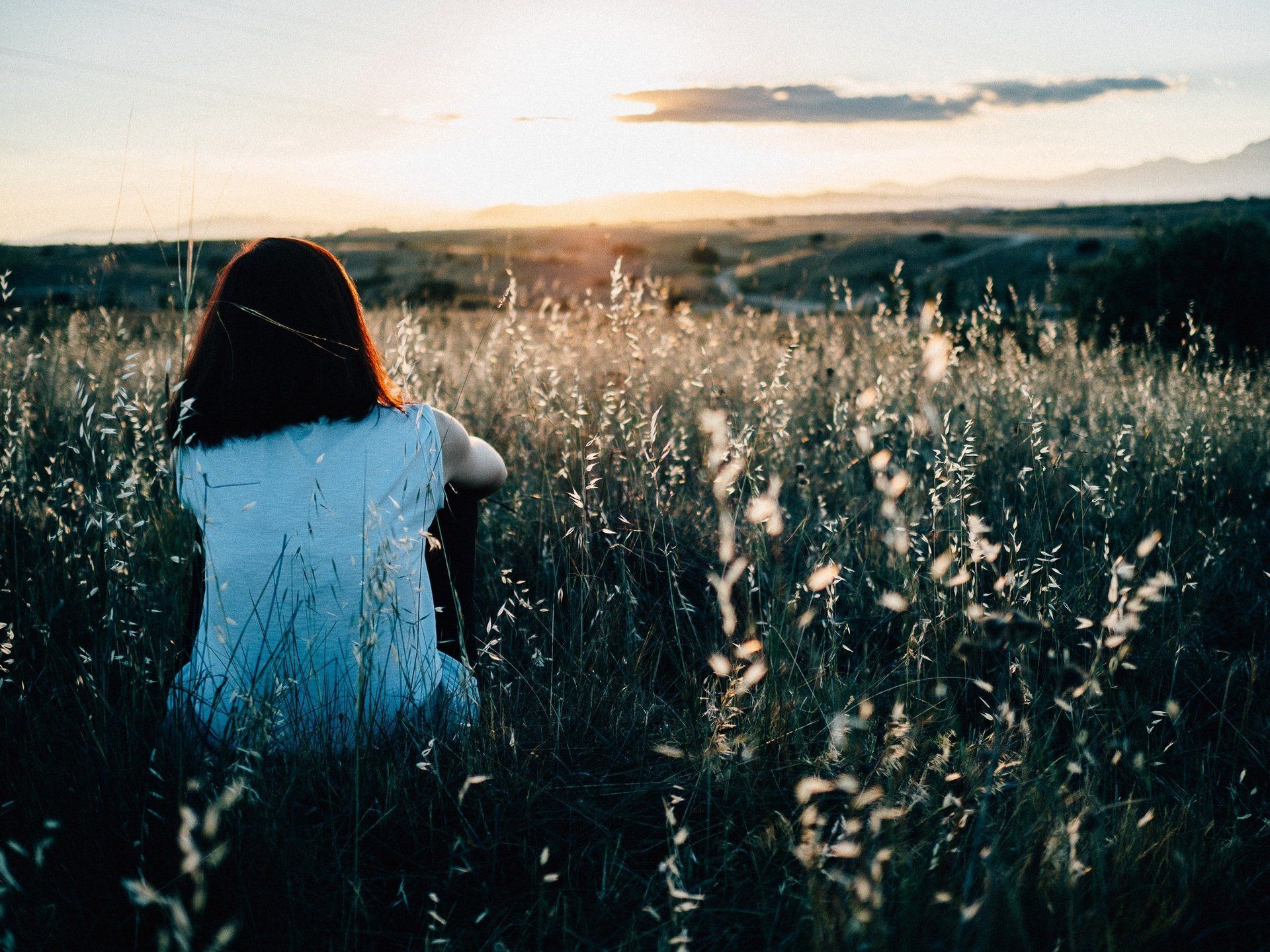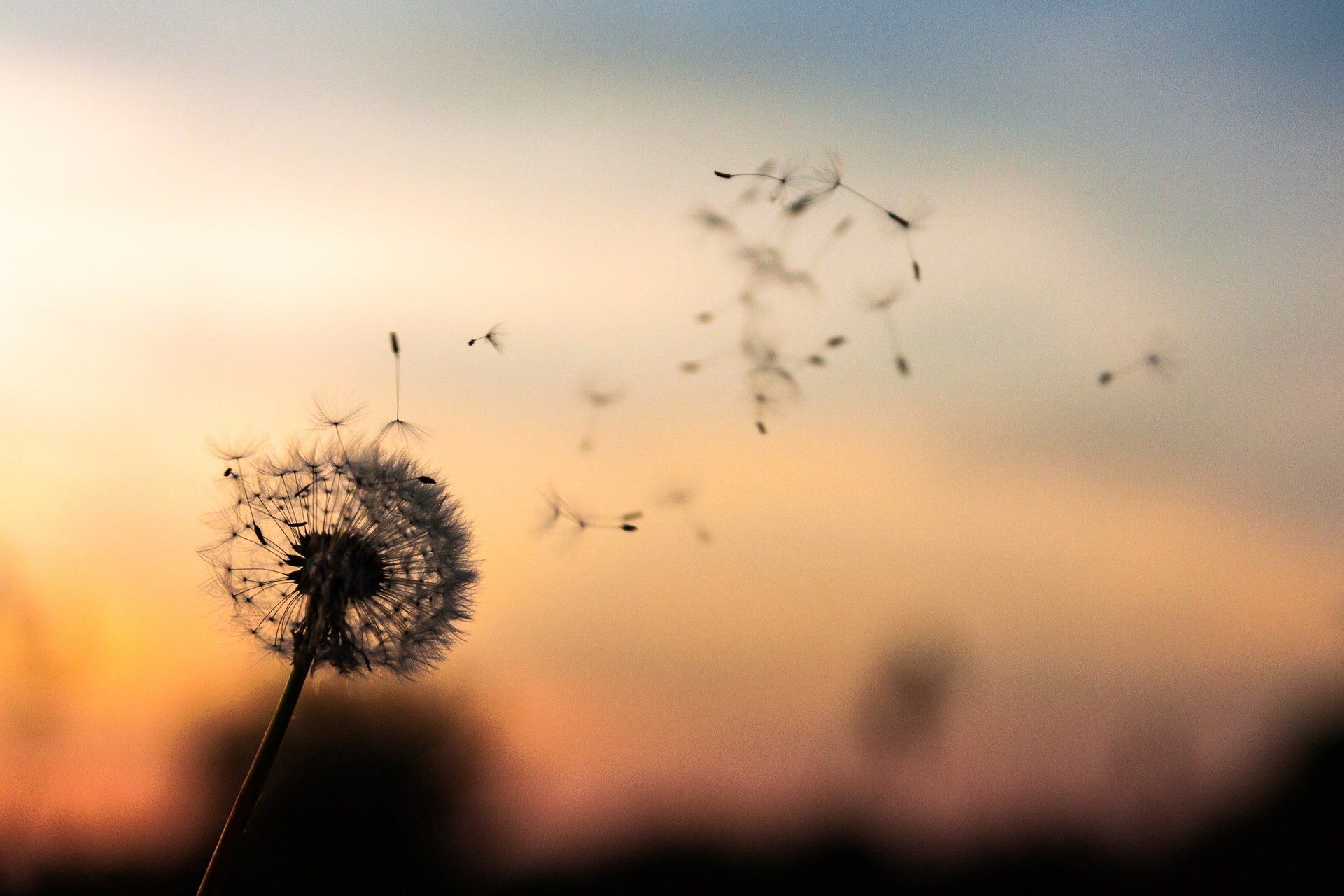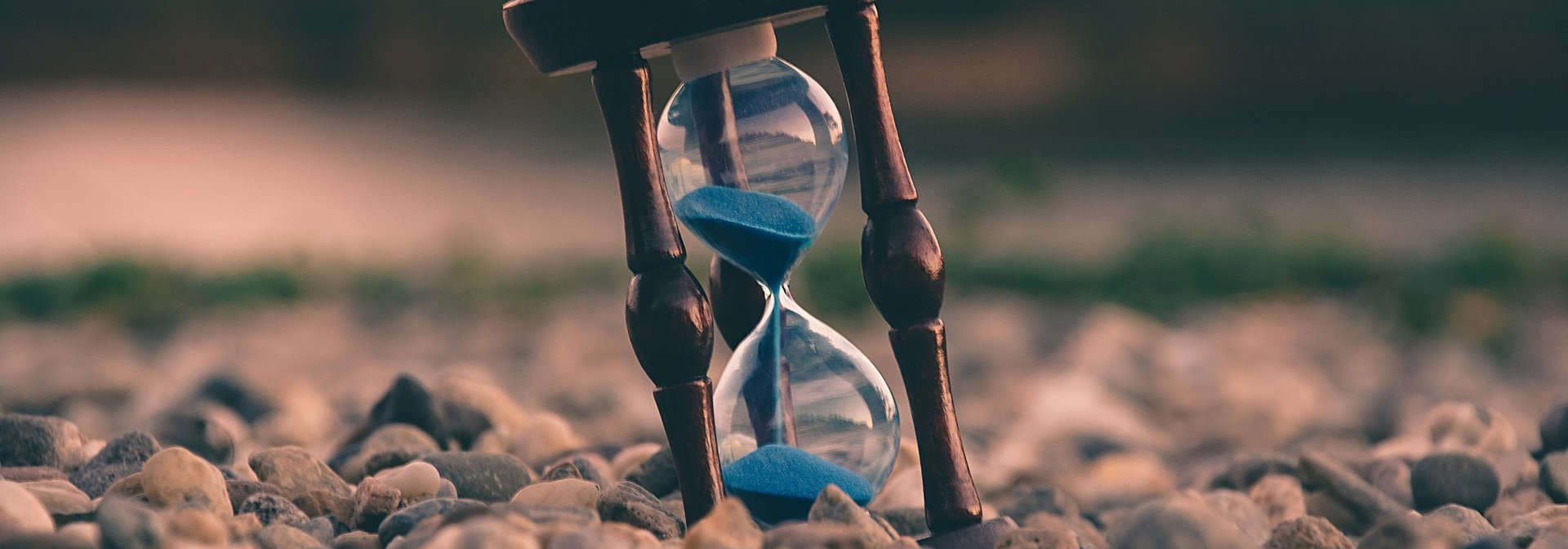For All of Us – Death Positivity and Death 101
Why Do People Suck At Death?
Nowadays, there is a distinct aversion to confronting anything death related and we feel awkward whenever the subject of death comes up. We stigmatize it, make it shameful, and avoid it at all costs. As a society, we suck at death because we no longer have the skills, or words, to cope with it or to help others cope. But the truth is, death is a part of life. It happens every single day, and it will happen to all of us eventually. If we don’t talk about and prepare for death before it happens, we lack the skills to handle death after it happens.
When we’re in the prime of our lives we feel invincible - death only happens to us when we’re old, right? Life gets busy and we fall into familiar routines. We go through the motions, just trying to make it to the weekend. We take each other for granted, complaining about nitpicky things. We spend more time working than playing with our kids. We save all our fun and money for the “retirement” years. When we live life like it never ends (or at least until our hair is blue), we fail to appreciate it fully while we can. Life is a gift, but it can be fleeting. If we spend some time thinking about, openly talking about and preparing for death, it allows us to prioritize what is important in our lives right now. This peace of mind allows us to actually live while we’re alive.
Death Positivity
Fortunately, death and death related topics are coming back into fashion. There has been a mental shift in society the last few years towards being Death Positive - both before and after death happens. Death doulas are becoming increasingly popular in order to ease our transition into death. Death cafes are popping up, where people can go and have open conversations about death. People are having coffin parties, decorating their own coffins and discussing death while they do. Funeral homes are coming up with greener (and less expensive) options, and families are helping to prepare their loved one’s bodies. There are even death apps (of course there are, right?) The Death Positivity movement is about open and frank discussions around death and the importance of pre-death planning, in an attempt to normalize death rather than fear it, thereby setting us free to live fuller lives in the process.
At any given moment we could lose our spouse to sudden death, becoming the sole remaining parent, disrupting our complacent routine. But preparing for death doesn’t need to be scary. If anything – it’s just the opposite. If we make arrangements ahead of time, we can remove the stress and anxiety associated with death. We can breathe easier knowing that if we die suddenly, we have made all the decisions necessary for our loved ones to handle our estate. Or, if we are the ones left behind, we can breathe easier knowing we don’t have to make those decisions while grieving. When we make death a natural part of conversation, it makes sense to make pre-death arrangements a priority.
Look at making these decisions as you would doing any somewhat unpleasant yet ultimately rewarding task—like cleaning out the garage or changing the batteries in all your fire alarms—these jobs are neither glamorous nor fun, but when they’re accomplished you get to enjoy a warm sense of wellbeing. By arming ourselves with some helpful tools ahead of time, we can move through death, and life, with less stress and more grace. We can live our lives more fully, with mindfulness and gratitude. Preparation actually contributes to our resilience.
Never considered having a pre-death conversation before? Think of it like this: When we do fire drills in schools, we prepare our kids in advance to evacuate calmly and safely. This is in the event that something bad happens. We hope it never will, but isn’t being prepared in advance, just in case, more empowering than not? Death is no different – it’s a bad thing that we hope never happens to us, but it’s still better to be prepared in advance. It’s still better to read about it, talk about it, get advice from others that have been through it. Kids practice fire drills repeatedly so their evacuation response to an actual fire is automatic – rather than getting derailed by the stress and confusion of the fire itself. When you have suffered the sudden death of your young spouse, stress and confusion can take over, so wouldn’t it be nice to have some practiced escape plan to follow? There’s no foolproof plan, and no one plan is better than another. I can only outline suggestions based on what I’ve experienced and you can use what works for you and change the rest to suit. Let’s call this Death 101.
Death 101
By normalizing death and accepting it as a natural part of life, we can release ourselves from the fear and worry associated with facing it. It doesn’t need to be difficult. There are several practical measures we can put in place in our lives to prepare for death in advance.
Have a Last Will and Testament
Having a will ready is beneficial for many reasons: wills clearly state your wishes and make distribution of your property and financial assets much easier. Creating a will is an act of love and respect for your nearest and dearest. Instead of leaving survivors with confusion and family arguments, you leave them clarity and guidance.
But, it’s important to revise and update your will regularly. You could make a date with your spouse once a year to go over your wills. Centre it around your birthday, since we all remember to celebrate that. Birthday one day, Deathday the next? Birth and death are both life changing, inevitable events that should be normalized and celebrated, so why not honor them both at the same time? Oh, and, just as important - make sure everyone knows where the will is kept!
Have Insurance
No one likes to throw money away on something they think they don’t need, and insurance is no exception. We take a chance, saving money on insurance premiums over other “priorities”. But insurance is designed specifically to provide protection against a possible eventuality – and that’s exactly what sudden death is. In this case, life insurance can be a real god send. It can help cover the costs of an unexpected funeral, or maybe even help you stay in your home. When your spouse dies suddenly, your income is cut in half if you both worked. If your spouse worked and you don’t, your income dies with them.
Have “The Conversation”
When you lose your spouse suddenly, it’s like the crime scene where the porridge is still steaming when the police arrive. My spouse was in the middle of everyday life and it came screeching to a halt.
After my husband died, I wished many times that I could talk to him just once more. I had so many things I would have asked. What were his medical wishes, and did he want to be buried or cremated? It would have been very helpful to know those answers in the hospital and when planning the funeral. Besides, we could have paid for some of this up front, in the planning stages, instead of burdening me with it all at once. When you die young, there are a LOT more people at your funeral than usual – it actually cost double what our wedding cost!
I get that no one wants to have this conversation - it’s weird – but if you think about life without your partner, what questions would you wish you had asked him? As much as it sucks, picture life without him and the role that he filled in your partnership, and learn what to do with all the things he has and all the responsibilities he has. Consider it a gift that you have that time, now – in advance – to get prepared. Also, let him picture you living without him and what advice would he give you about the “guy stuff” he takes care of?
Live Lean
Many of us spend our lives acquiring. Acquiring stuff, junk, possessions, clutter. Why do we feel the need to have more and more? Why do we cling to material things that aren’t important? When your spouse dies suddenly, you are plunged into an understanding of what’s important in life and it certainly isn’t a bunch of things!
Obviously, certain things have meaning to us and we want to keep them. But streamlining the rest of the stuff in our lives is beneficial to our mental health, our energy flow, and sure makes it easier when sudden death occurs. Being forced to sift through our spouses’ stuff in our state of grief is hard enough. If we lived lean to begin with, letting go of things that no longer serve us, things that don’t bring us joy, we can breathe easier and let better energy into our homes.
Involve the Kids
People often protect children from things they think are sad or scary, death included. This creates an air of mystery that makes death even scarier. Children don’t like to be left out, and they usually ask good questions. If you can have generic conversations about death before it happens, it normalizes death, and reduces the fear of the unknown. If you believe people who pass on are going to a good place, that’s a comforting thought to pass on to children. If you believe angels, or the departed loved one, will be there to watch over and protect them, tell them that too. If they learn everyone will be sad and crying for a while after someone dies, but that it’s not their job to look after the adults, it takes pressure off them. Contrary to popular belief, kids don’t need their parents to be “strong” for them at all times. Grief therapists tell us our crying shows them we care, and modelling this behavior makes it OK for them to do the same. Haven’t you heard? Vulnerability is the new strength.
Lisa

Do you know someone who has suddenly become a widow, Death Slapped by the tragic loss of her spouse? Do you wish you knew what to say or do to help her? First let me congratulate you for acknowledging her struggle, and by caring enough to do this research. Who is she to you? Friend? Sister? Co-worker? I’ll teach you who she has become now, what she may be thinking, and what you can do to best support the new her.
BACK TO BLOG


